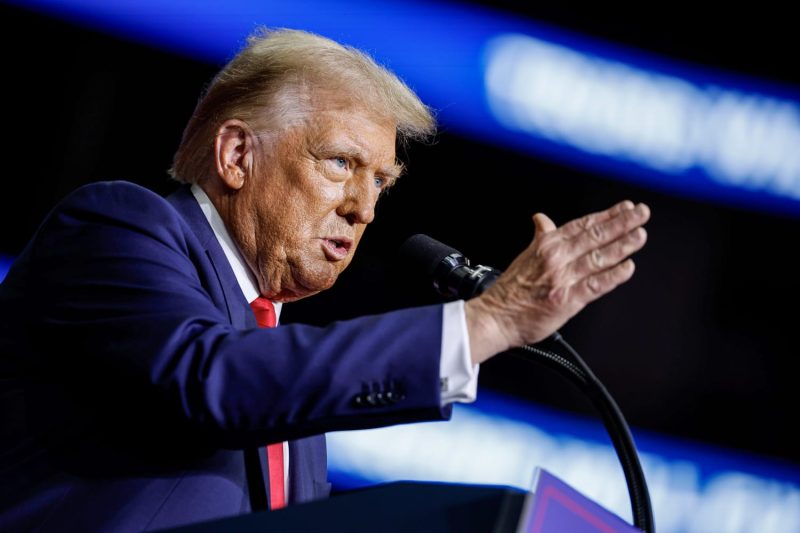In light of the recent tariff threats imposed by President Trump, numerous US companies have found themselves in a tumultuous situation, faced with the urgent need to seek out lobbyists and exploit legal loopholes to mitigate the potential impacts on their businesses. The escalating trade war between the US and major global economies has created uncertainty and prompted businesses to strategically navigate the changing landscape of international trade relations.
The imposition of tariffs on imported goods has far-reaching implications, affecting both small businesses and large corporations across various industries. The sudden policy shifts and unpredictable nature of tariff threats have left many companies vulnerable to financial losses and operational challenges. In response, companies have resorted to enlisting the support of lobbyists to influence government policies and secure exemptions or waivers from tariffs.
Lobbying has long been a common practice in Washington, with companies investing heavily in efforts to advocate for their interests and sway political decisions in their favor. However, the current trade environment has intensified the need for effective lobbying strategies as companies seek to protect their bottom line and maintain a competitive edge in the global market.
Moreover, the pursuit of loopholes within existing trade regulations has become a strategic priority for many businesses. By identifying and exploiting legal loopholes, companies can potentially circumvent tariffs and minimize the impact on their supply chains and profit margins. This approach requires a deep understanding of trade laws and regulations, as well as a proactive effort to stay abreast of changing policies and enforcement mechanisms.
The reliance on lobbyists and loopholes underscores the complex and challenging environment in which US companies must navigate to adapt to the evolving trade landscape. In an era characterized by trade tensions and protectionist policies, businesses are forced to adopt a multifaceted approach to managing risks and maintaining their competitiveness in the global marketplace.
As companies scramble to secure the necessary support and leverage legal avenues to mitigate the effects of tariffs, the role of lobbyists and loopholes in shaping trade outcomes has become increasingly prominent. The ability of businesses to effectively navigate these challenges will ultimately determine their resilience and success in the face of trade uncertainties.
